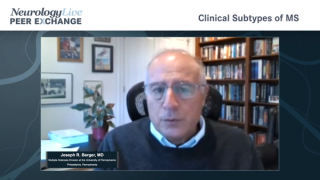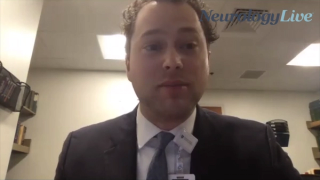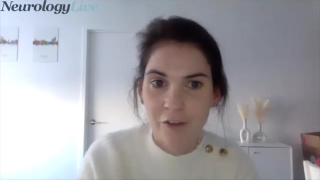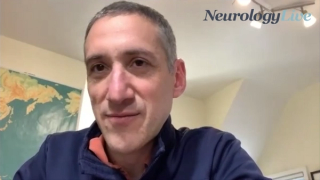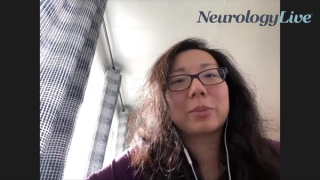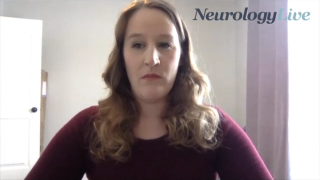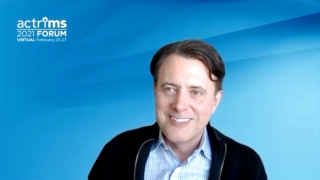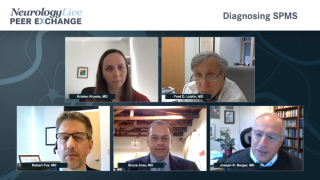
MS and Demyelinating Disorders
Latest News
Advertisement
Latest Videos

CME Content
Advertisement
More News
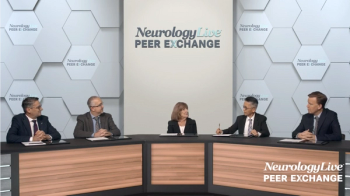
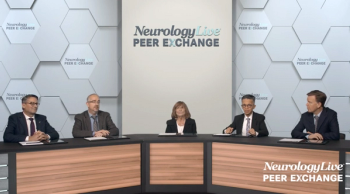
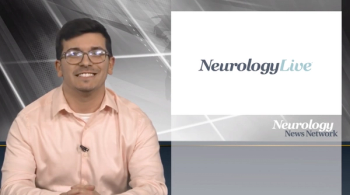
Neurology News Network for the week ending February 22, 2020.

New data suggest a switch from natalizumab to a high efficacy disease-modifying therapy for patients with multiple sclerosis is more beneficial than switching to moderate efficacy therapy, including a lower risk of disease activity.

The Prometra II offers a pressure-driven, valve-gated delivery mechanism that allows for novel programming modes of intermittent flow followed by periods of no flow—a feature unique to this device.



Neurology News Network for the week ending February 15, 2020.
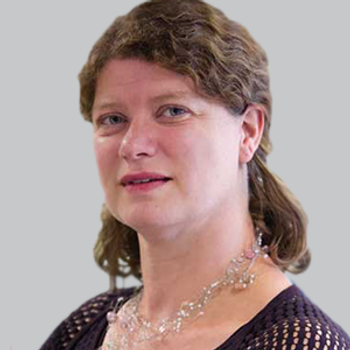
Neurofilament light chain has emerged as a biomarker with utility across the breadth of neurology, but just how much can it actually help?
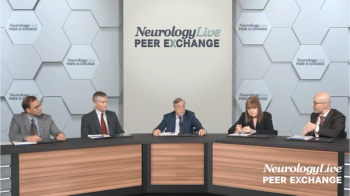
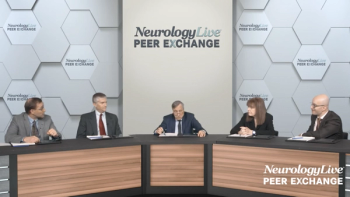
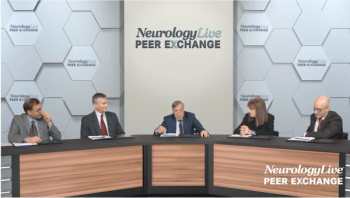
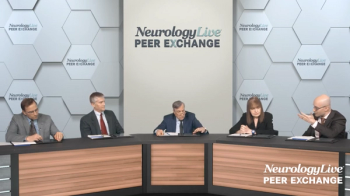
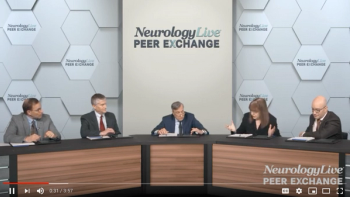
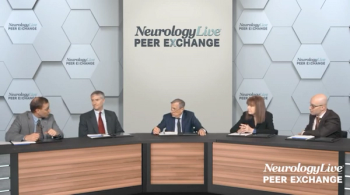
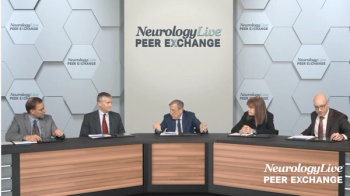
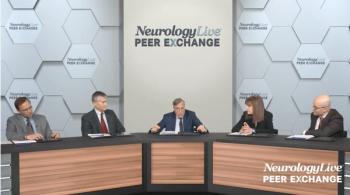
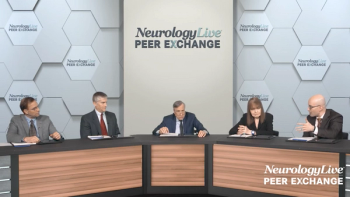
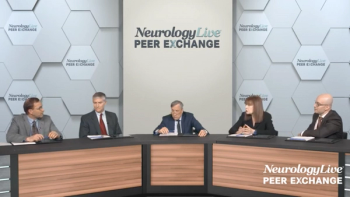
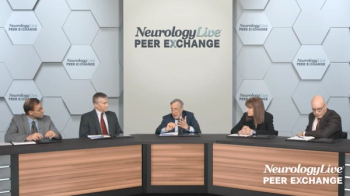
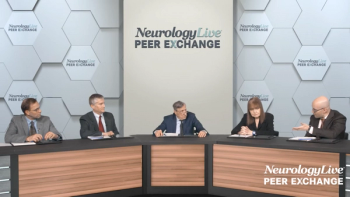
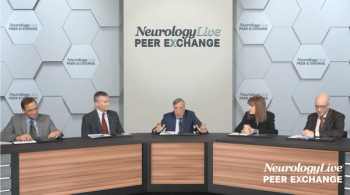
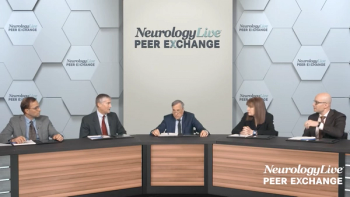
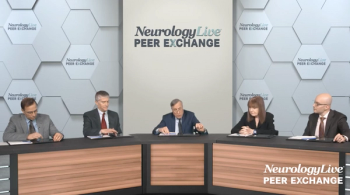
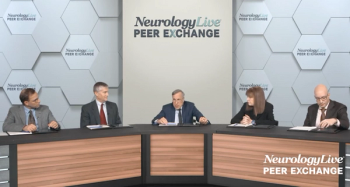
Advertisement
Advertisement
Trending on NeurologyLive - Clinical Neurology News and Neurology Expert Insights
1
Cladribine Tablets Show Ability to Improve or Stabilize Cognitive Function in Patients With Relapsing Multiple Sclerosis
2
Myelin Protective Small Molecule Lucid-MS Shows Promising Early-Stage Data in Healthy Volunteers
3
Using Human iPSC Models to Dissect PIRA Mechanisms in Progressive Multiple Sclerosis: Valentina Fossati, PhD
4
Phase 3b RESHAPE Study Evaluates Risk–Benefit of Switching From Ocrelizumab to BTK Inhibitor Remibrutinib
5






